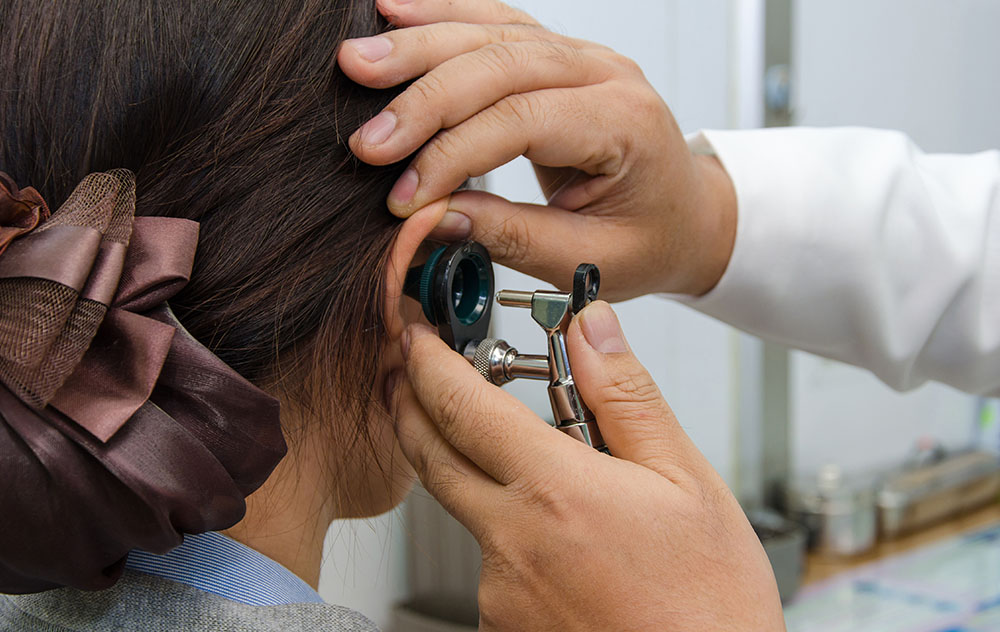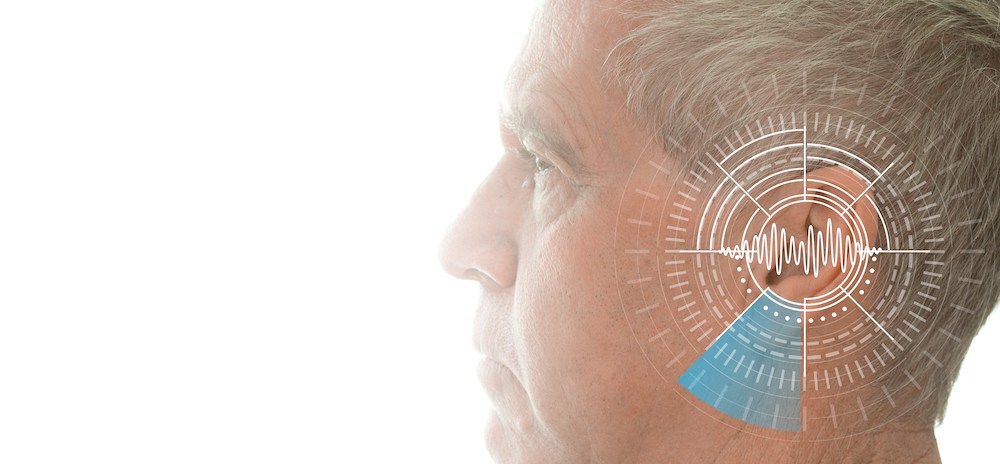Recognizing Early Signs of Hearing Aid Wear and Tear
Hearing aid repairs are common and can be minor or major. But no matter


Hearing aid repairs are common and can be minor or major. But no matter

Hearing loss and hearing aids often have a lot of stigmas surrounding

Tinnitus and hearing loss are often experienced hand in hand. It is often